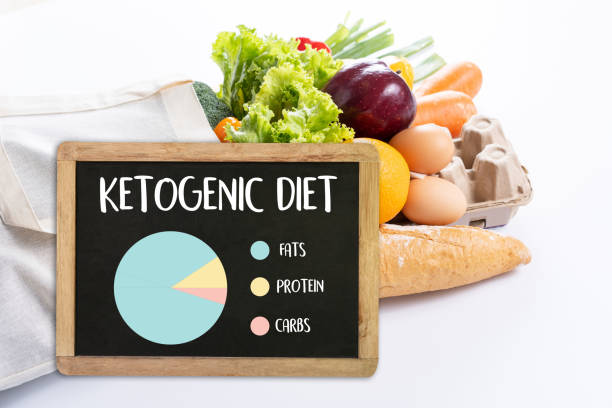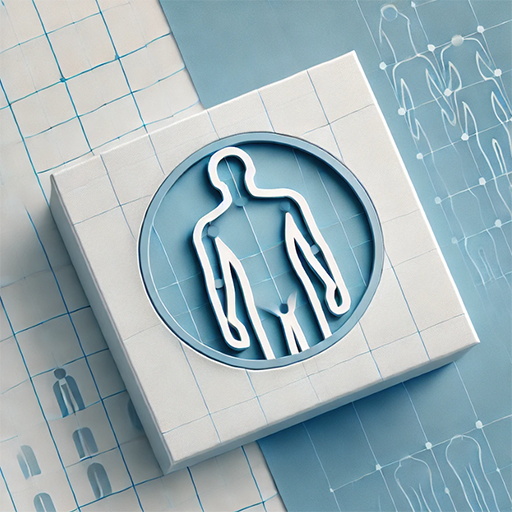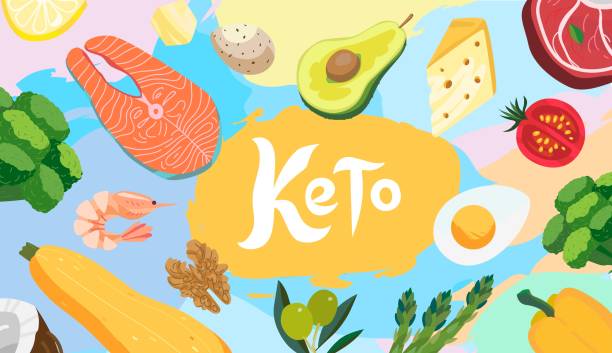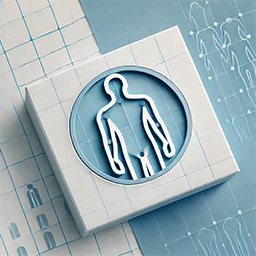When it comes to dieting and weight loss, ketosis is a popular term you may have heard. But is ketosis good or bad for you? In this blog post, we’ll explore what ketosis is, its potential benefits, and the risks that come with it.
What is Ketosis?
Ketosis is a natural process your body goes through when it doesn’t have enough carbohydrates (like sugar and starch) to burn for energy. Instead, your body starts to burn fat, which produces molecules called ketones. These ketones provide energy for your body and brain.
This process usually happens when you follow a low-carb diet, such as the ketogenic (keto) diet. When your body switches to burning fat for fuel, you enter ketosis.
How Does Ketosis Work?
Normally, your body uses carbohydrates for energy. When you eat carbs, your body breaks them down into glucose, which is the sugar your body uses for energy. However, when you eat very few carbs, your body has to find another source of fuel.
That’s when your liver begins to break down fats into ketones. These ketones become the main source of energy for your body and brain. This shift in how your body gets energy is what we call ketosis.
Is Ketosis Good For You?
1. Weight Loss Benefits
One of the main reasons people try the keto diet is to lose weight. Ketosis may help with weight loss by reducing your appetite and burning fat more efficiently. When you’re in ketosis, your body becomes a fat-burning machine, which can lead to quick weight loss.
Studies show that the keto diet can lead to short-term weight loss, especially for those who need to lose a significant amount of weight. However, it’s important to remember that not everyone will lose weight on a keto diet, and the weight loss may slow down over time.
2. Better Control of Blood Sugar
For people with type 2 diabetes or those at risk, ketosis may help control blood sugar levels. By lowering carbohydrate intake, your body requires less insulin, which can help improve blood sugar control.
Some studies suggest that a low-carb diet like keto may even reduce the need for medication for people with diabetes. However, anyone with diabetes should consult their doctor before starting a keto diet.
3. Mental Clarity
Many people report feeling more mentally focused and clear when in ketosis. This is because the brain uses ketones as a stable source of energy, which may help with focus and concentration.
Ketosis has also been linked to potential benefits for brain conditions such as Alzheimer’s and epilepsy. Ketones may offer neuroprotective effects, which is why some doctors recommend a ketogenic diet for managing epilepsy in children.

Are There Risks to Ketosis?
While ketosis has its benefits, it’s not without risks. Here are some things to keep in mind:
1. Keto Flu
When you start a keto diet, some people experience a group of symptoms known as the “keto flu.” These symptoms can include headaches, fatigue, dizziness, nausea, and irritability. This happens as your body adapts to using fat for fuel instead of carbs. The keto flu usually lasts for a few days to a week.
To ease the symptoms, it’s important to stay hydrated, get enough electrolytes (like sodium and potassium), and gradually reduce carb intake instead of cutting it all at once.
2. Nutrient Deficiencies
A strict keto diet can cause nutrient deficiencies because it restricts many food groups, like fruits, vegetables, and grains. These foods provide important vitamins and minerals, such as fiber, potassium, and magnesium.
If you choose to follow the keto diet, it’s important to plan balanced meals that include nutrient-dense foods. You may also want to take supplements to make sure you’re getting enough of the nutrients you need.
3. Kidney and Liver Stress
Long-term ketosis may place stress on the kidneys and liver. When you are in ketosis, your body produces more waste products, which can put a strain on your kidneys. For people with existing kidney or liver issues, the keto diet might not be suitable.
It’s important to talk to your doctor before starting a keto diet, especially if you have any kidney or liver conditions.
4. Risk of Heart Disease
Some people worry about the effects of the high-fat content of the keto diet on heart health. While healthy fats like avocados and olive oil can be good for you, the keto diet also includes saturated fats (found in butter and fatty meats). Eating too much saturated fat can increase the risk of heart disease by raising cholesterol levels.
To keep your heart healthy on a keto diet, it’s important to focus on healthy fats and limit your intake of unhealthy fats.
Is Ketosis Right for You?
Ketosis may be a good option for some people, especially those looking to lose weight or control blood sugar levels. However, it’s not for everyone. Before trying a keto diet, consider your health needs and talk to your doctor. It’s important to make sure that a ketogenic diet won’t interfere with any health conditions or medications you may be taking.
If you choose to try ketosis, do so in a healthy way by eating nutrient-dense foods and maintaining a balanced diet. This can help you avoid some of the risks associated with long-term ketosis, such as nutrient deficiencies and liver or kidney stress.
Conclusion
Ketosis can offer benefits such as weight loss, better blood sugar control, and improved mental clarity. However, it’s not without risks, and it may not be suitable for everyone. If you’re considering ketosis as a part of your diet plan, it’s essential to consult with your doctor first.
By understanding the potential benefits and risks, you can make an informed decision about whether ketosis is right for you. Remember that healthy eating and balance are key to long-term health.



